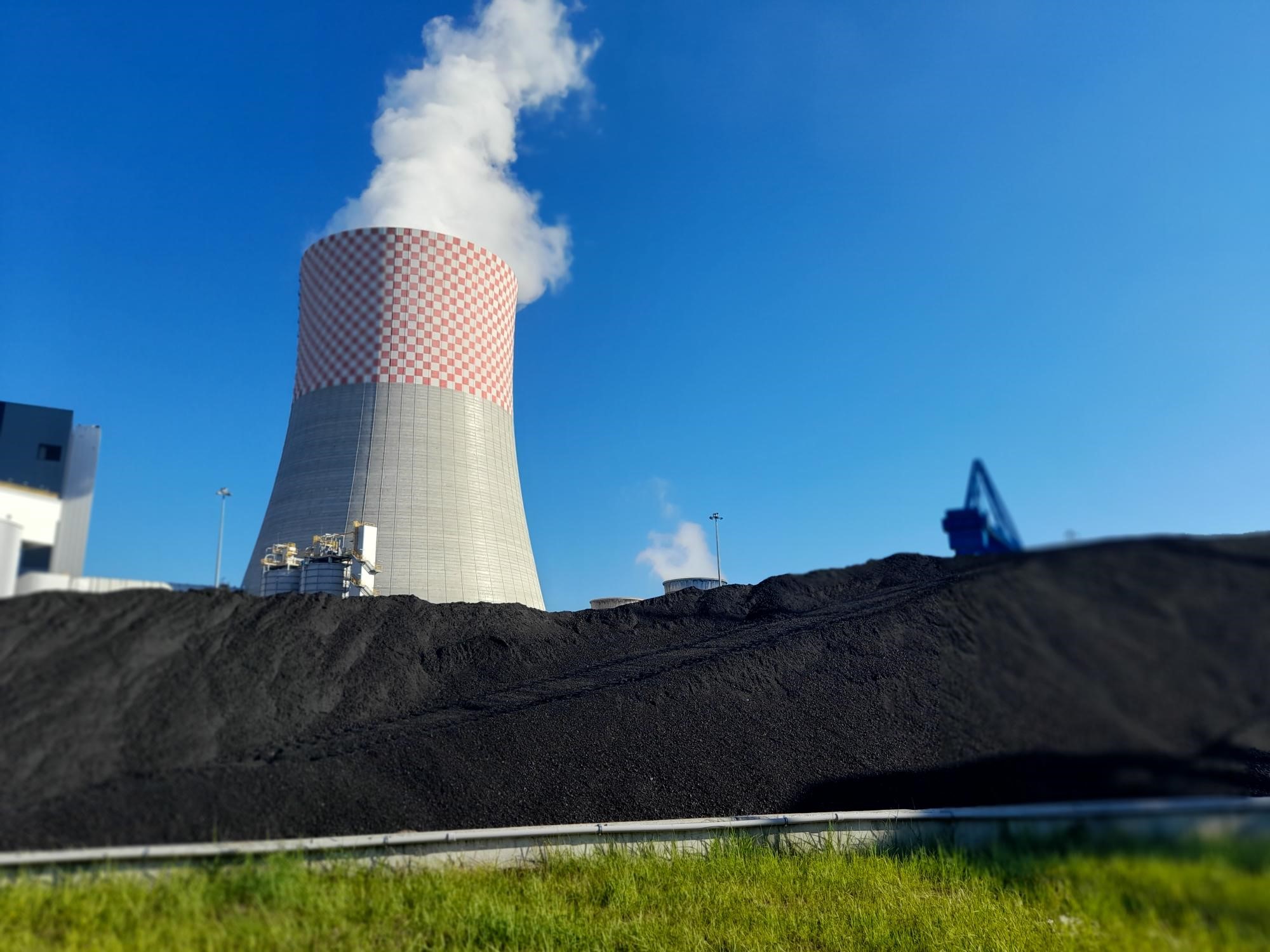„I believe that the National Energy Security Agency is a harmful idea and it will mean a return to a monopoly. Its operation will be carried out at the expense of customers and high energy prices,” says Grzegorz Onichimowski from the Civic Institute, in an interview with BiznesAlert.pl.
On July 18, the Council of Ministers adopted a draft law on the creation of the National Energy Security Agency (NABE), which will take over coal assets from energy groups (PGE, Tauron, Enea). The goal is to give these companies a significant investment boost and to free their assets, which, due to CO2 emission costs increasing, are gradually becoming less profitable.
There is a very high probability that NABE will prove to be permanently unprofitable. According to the calculations of the Instrat Foundation, by 2040 it will generate a debt of PLN 31.1 billion.
BiznesAlert.pl: Will NABE help reduce the debt of PGE, Tauron Group and Enea?
Grzegorz Onichimowski: The Agency will certainly reduce the debts of energy companies, but the question arises: Why should the State Treasury reduce the debt of those companies that are not state-owned companies or only partially belong to the state? We will have to deal with a situation where the Polish state will have to pay off the debt of shareholders who have nothing to do with the State Treasury.
NABE will be responsible for 80 percent of the country’s electricity production, giving the Agency a monopoly on the market. Won’t such a strong position drive up energy prices?
Yes, it will definitely drive up energy prices. I believe that the concept of NABE is harmful and it will mean a return to a monopoly. It’s a strange hybrid between a commercial company and a government agency, and I don’t understand the concept at all. Perhaps this is a form of relief for energy companies. However, from the perspective of decarbonization and the development of the energy sector, the creation of NABE does not make sense at all.
Will the current shape of NABE free companies from the burden of coal?
If such a concept was implemented, then, of course, the energy companies would no longer have coal assets, but someone else would have them and sell them energy. This will make the trading companies belonging to PGE, Tauron and Enea continue to be hostages of the same coal assets.
How do you assess the delay in establishing the Agency?
I am against the creating NABE and I hope that it will not be possible to open it before the elections. I think it’s a mistake to mix the two types of assets. There will be 5 large modern coal blocks that will be supported by the capacity market until 2032, so they make commercial sense, but the others will become poisonous assets in mid-2025, once they lose revenue from the capacity market. If they are potentially needed as a reserve, then let them act as a reserve, not a commercial company.
The justification behind the law on the establishment of the Agency is naive and does not make sense. I believe that the calculations of the Instrat Foundation regarding future losses are justified, and NABE will not have the opportunity to generate a profit.
Importantly, NABE from the beginning will be burdened with a serious debt, which will be assigned to it from PGE, Tauron, Enea and Energa. The Agency will immediately have, de facto, negative capital and really no opportunity to start operations, if not for the fact that the Treasury will guarantee the repayment of debt. While most of the guarantees relate to the purchase of CO2 allowances, working capital will decrease with negative flows. The company can only save itself by raising prices, which will be possible in a situation where it will set a marginal price on the market for a long time. Therefore, I am convinced that NABE will operate at the expense of customers and high energy prices.
Interview by Jacek Perzyński









